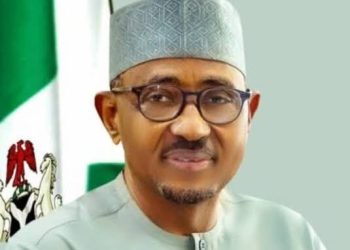The Federal Government has brought an unexpected turn to the trial of Omoyele Sowore, the presidential candidate of the African Action Congress (AAC), along with his co-defendant, Olawale Bakare. Attorney General Lateef Fagbemi formally communicated the decision to discontinue the trial to the Federal High Court in Abuja via a notice of discontinuance, invoking constitutional provisions under Section 174 (1) (c) of the Nigerian Constitution and Section 107 (1) of the Administration of Criminal Justice Act 2015.
The trial, which commenced in 2019 following a protest rally organized by Sowore in Abuja dubbed “Revolution Now,” has encountered numerous delays and legal hurdles. Justice Emeka Nwite of the Federal High Court in Abuja recently issued a stern warning, expressing readiness to strike out the treason charges if the government failed to proceed promptly with the case.
During the latest court proceedings, the trial was further hindered as the prosecution introduced a new legal representative, leading to a request for an adjournment to acquaint themselves with the case. This move was met with objections from the defense counsel, Marshal Abubakar, who accused the prosecution of employing delaying tactics.
The discontinuation of the trial raises questions about the government’s stance on the case and its implications for freedom of expression and dissent in Nigeria. Sowore’s arrest and subsequent legal battles have drawn international attention and sparked debates about the limits of political activism in the country.
As stakeholders await further developments, the decision to halt the trial marks a significant development in Nigeria’s legal landscape and underscores the complexities surrounding issues of civil liberties and governance in the nation.











